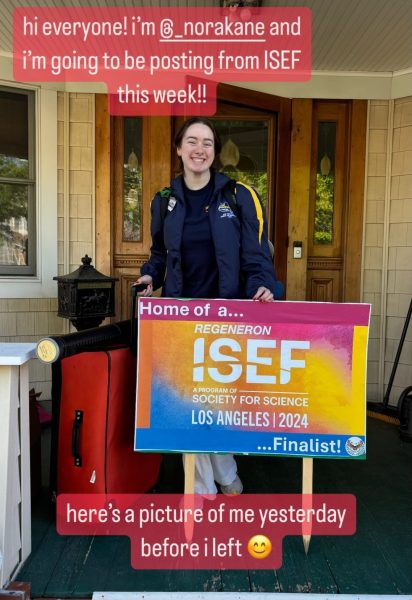There Needs to Be More Sex Education
Since high schools are essential for providing education to young, impressionable students, it makes logical sense to teach sex education extensively within the high school curriculum. However, this is not the case in most school districts, and it is common for educational environments to overlook the issue of sex. This is of great detriment to our society, and there must be reforms of America’s sex education.
Many teenagers begin experimenting with sex, drugs, and alcohol during high school. Although school assemblies commonly touch upon the dangers of drugs and alcohol, there are not as many about sex education.
Senior Amintta Ragavanis said, “Most kids learn from their classmates, and most of those classmates don’t know the logistics of sex.”
There is a lack of understanding regarding sex among teens. In addition to learning information from classmates, many teenagers learn from either television shows or the internet. There is already an over-sexualization of teenagers in television, which is not giving actual teenagers the correct concept of sex. While the internet could be reliable, it is just as likely, if not more likely, to provide false infomation, and because of this, there is a need for a more structured health curriculum that includes going into depth on sex.
“As a health educator, I feel there is not enough health education in general,” said health teacher Jennifer Kramer. “Half a year once in a high school career is just simply not enough. If there is not enough health education in general, sex education is not getting nearly as much attention as it needs.”
Senior Victoria Artz agreed. “There should be more talk about safe sex instead of abstinence,” Artz said.
As opposed to preaching abstinence, people need to realize that teenage sex is inevitable, so they should be taught how to do so safely. In addition, teenagers need to understand the consequences of not being protected and the issue of consent. Getting pregnant, contracting a sexually transmitted disease (STD), and nonconsensual sex can drastically alter the lives of teenagers.
Teen pregnancies and contracting STDs are obvious risks that come with unprotected sex. Having a baby at a young age is a massive setback at a crucial part of a person’s life and requires one to put their life on hold. Teenagers are supposed to be working towards college and adulthood, but it is not so easy to manage with a baby.
STDs can be life-threatening; HIV and AIDS cause immunodeficiency and can even result in death. As scary as teen pregnancy and STDs are, it is easy to avoid them. If schools taught more about sex education, fewer pregnancies and STDs would spread.
In addition to safe sex, there needs to be a larger discussion about relating issues. “Other topics such as taking care of yourself and others, consent, and being ready are crucial,” Artz said. Teens should know when they are ready to have sex, respect if someone does not want to have sex, and recognize when consent is being given or taken away. Skipping these topics, and only learning about what a condom is, is dangerous.
When people do not take consent into regard, rape can occur. Some high schoolers will drink and decide to have sex while intoxicated. However, many teens who choose to make this decision do not understand that there is no giving consent when a person is under the influence. If a sober person takes advantage of someone while drunk, they can be charged with rape, resulting in significant damage to their future, and to the future of the victim.
Good decision-making is a skill that teenagers must require as they venture towards adulthood. Better informing high schoolers on the topics surrounding sex will help prepare them for future relationships and partners. As society is becoming more sex-positive than ever, teenagers must be able to get the correct information in schools, not false information on the internet.

I am a member of the Class of 2022. I am a part of the varsity badminton team. I love spending my time playing video games and going out with friends.





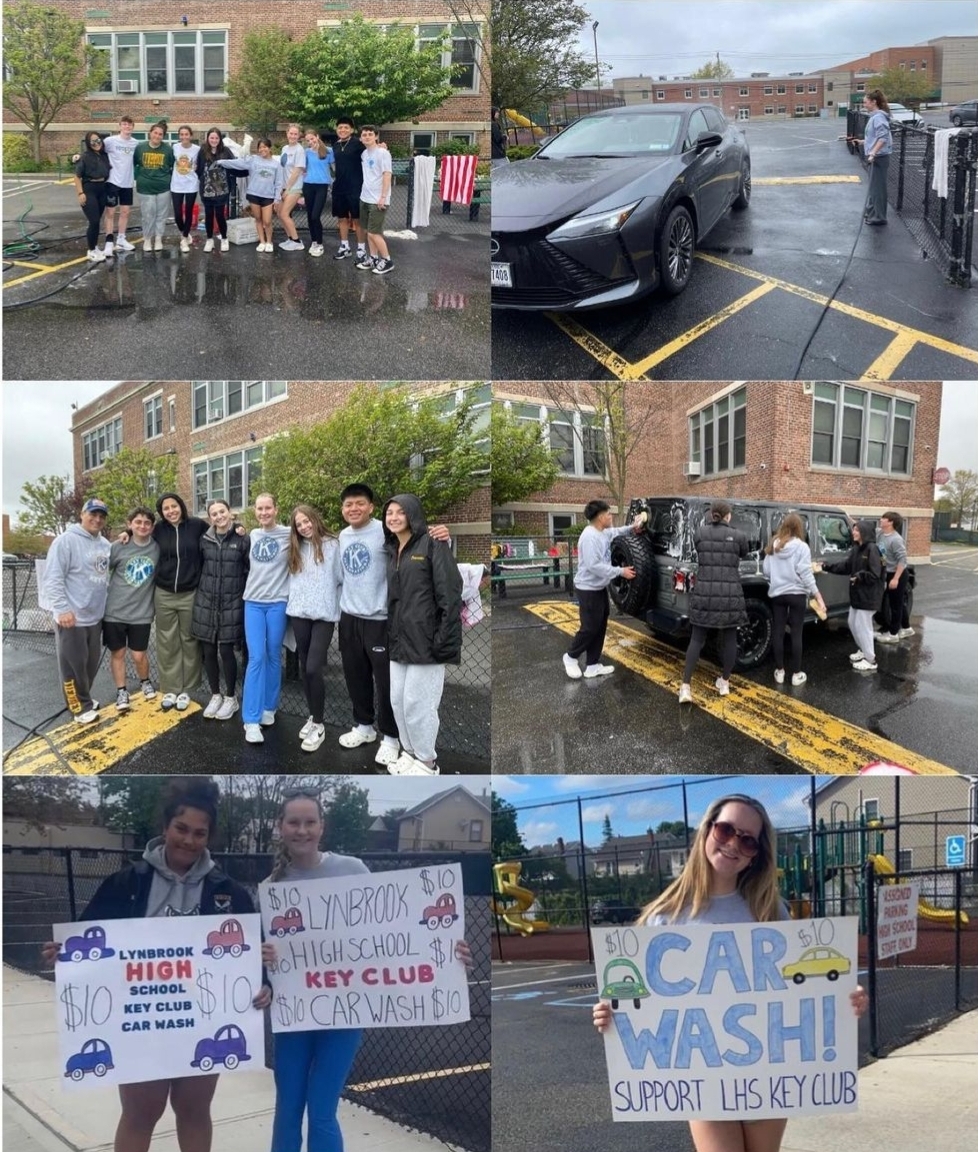

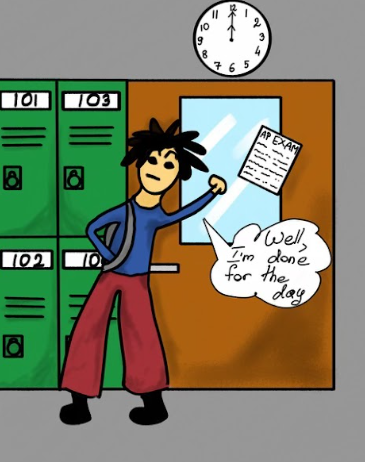
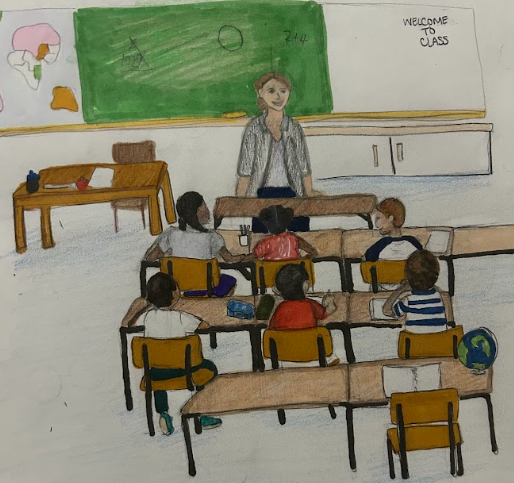






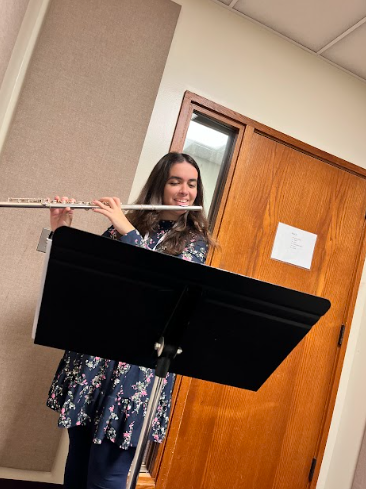
![Key Club members pose for a photo with Club Advisor Dr. Tieniber [far right] at Stonebridge Country Club. Photo Courtesy of @lhstieiber Instagram page.](https://lhshorizon.com/wp-content/uploads/2024/10/tempFileForShare_20241014-162748.jpg)
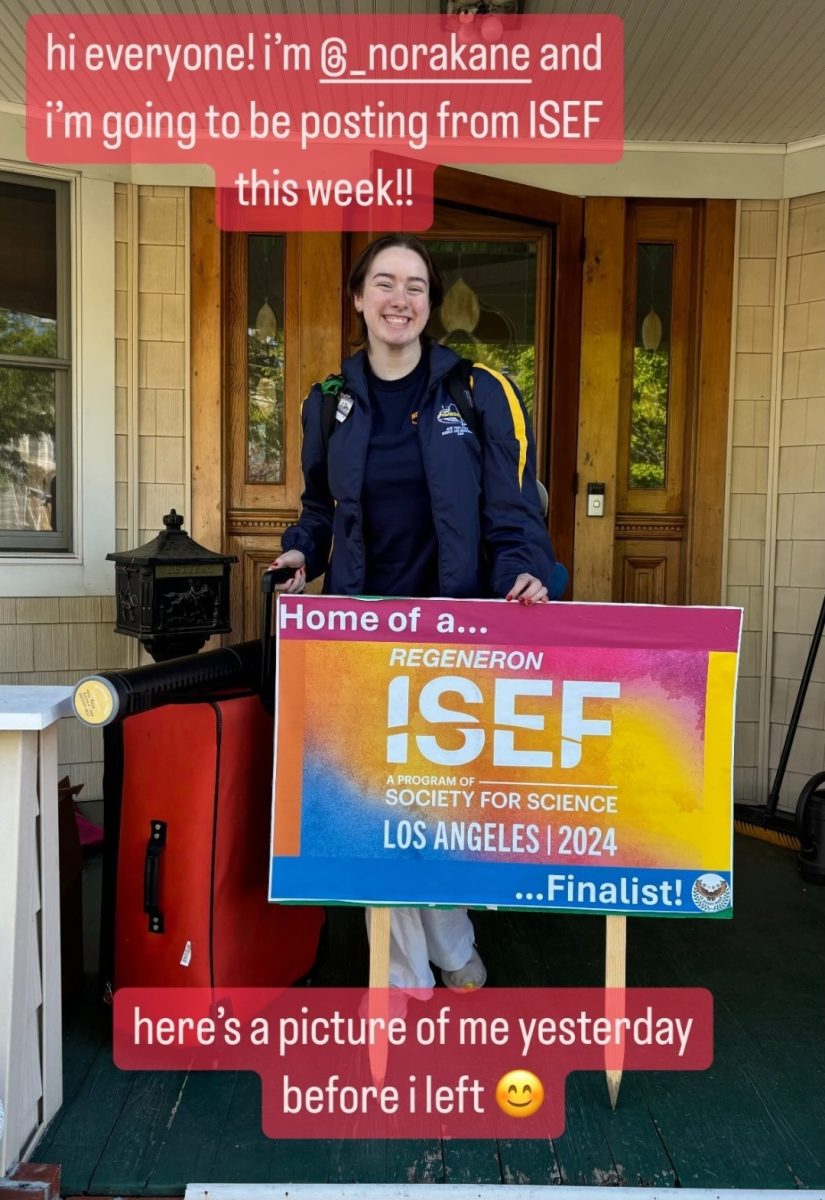




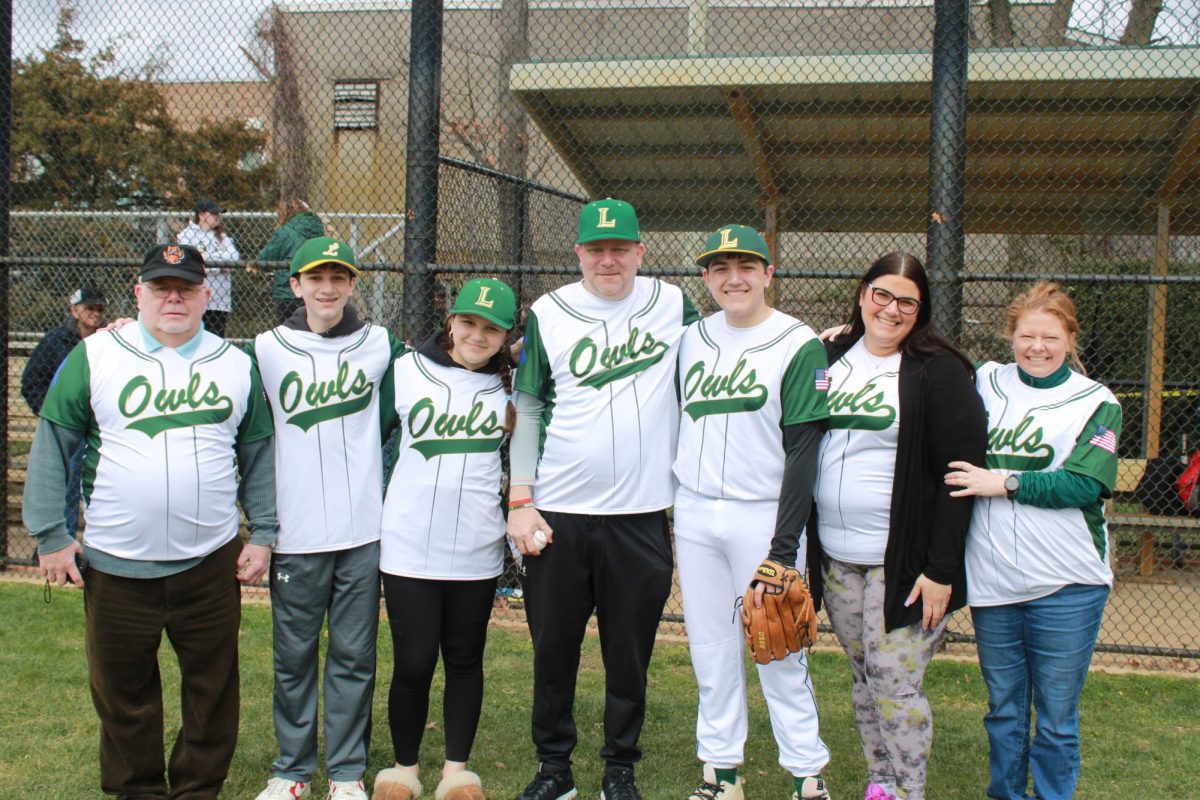













![Key Club members pose for a photo with Club Advisor Dr. Tieniber [far right] at Stonebridge Country Club. Photo Courtesy of @lhstieiber Instagram page.](https://lhshorizon.com/wp-content/uploads/2024/10/tempFileForShare_20241014-162748-600x448.jpg)
